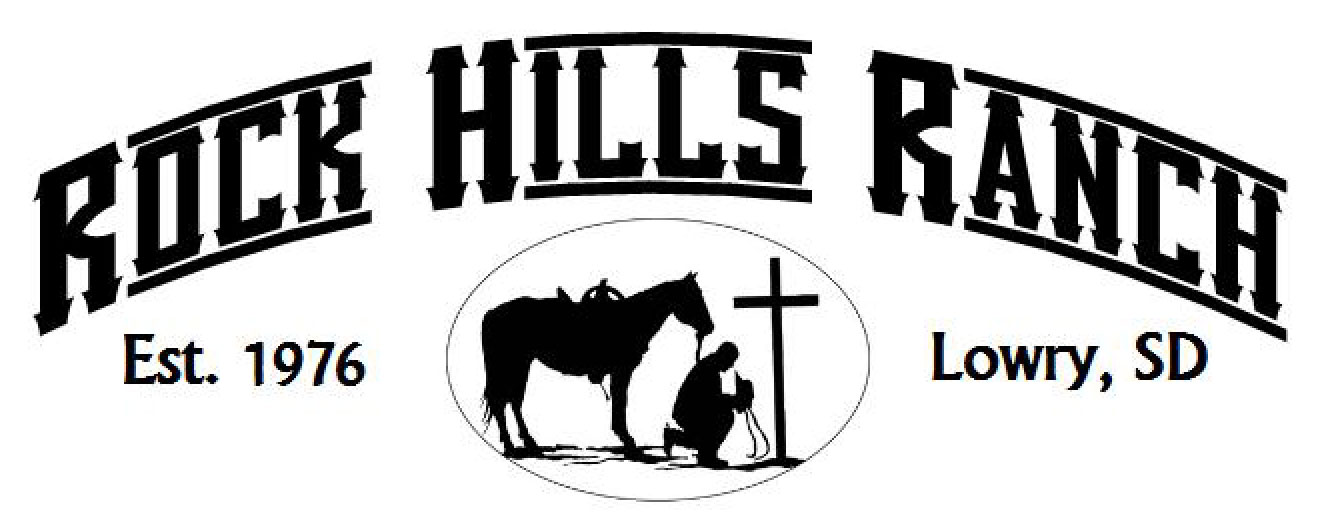A couple evenings ago, Isaac and I went out to move some cattle to fresh pasture. He's always game for anything involving "work," but with extra enthusiasm when the cows are involved.
He would have walked all the way out to the cows had I let him.
This pasture has a little sentimental element to it. My grandpa ran cattle here before my dad. One of my very first cattle-working memories was having a picnic out here next to the corral with Grandma Vivian and my cousins while the men were doing something with the cows.
After we got the herd moved, we parked on another hill and spent a while enjoying the evening. I taught Isaac about litter and that it is good. Not the empty-beer-can-in-the-ditch litter, I'm talking about the dead grass and organic matter that covers the soil surface between plants in a healthy rangeland. It keeps the soil cool, retains moisture, and helps rain soak into the ground. We didn't get that in-depth, but it was fun watching him explore the rocks and grass and forbs growing there. We sat quitetly as a flock of Canadian geese flew right over us – low enough that I was whispering "take 'em!" under my breath. We listened as Wilson (our dog) howled from the yard, answering back at the coyotes to the east and south. It was a quiet enough evening that we could hear the cows munching on grass from 75 yards away. It seemed a crime to start the 4-wheeler to take us home. It made me think about how I need to find another old plug of a horse for the kids to ride for times like this.
We idled home and had a bowl of ice cream – a Perman tradition, especially after a long day trailing cattle like we had. I took Isaac up to bed after the usual routine. After prayers, as I was tucking him in, he said, "Thank you daddy for working with you." I didn't cry but sure did catch a lump in my throat. I said, "You're welcome buddy, thanks for helping me." He said it again before I closed the door to his room, just to make sure I understood. I don't need to explain any more. It is safe to say I will remember that exchange for quite some time.
I came across this picture in one of the photo albums at Grandma's house last winter. It is taken in the same pasture, just from a different hill. Just like in the first picture, you can see Lowry in the distance, as well as "Haystack Hill" to the right of town.
Things change. Grandpa's Herefords have been replaced with Angus. The dam in the old photo is washed out. We've added some crossfences and water tanks. Lowry probably has 50 fewer people. My photo was taken instantly with my smartphone rather than on film, no dark room required.
However, some things don't change. Haystack Hill is still there. There's still four-legged bovines wandering these Lowry hills. The coyotes howl just the same as they did back in the 60's when that old photo was taken. Litter is still important.
In 50 years, I expect Haystack Hill to still be there. I expect that cows will still be roaming those gumbo flats. Most of all, I hope Isaac will be able to have good memories of this land; of times when he learned something about the world around him, and learned how to coexist with it. I hope he learns the value of working until the job is done. I hope he learns the importance of sitting on a hill and taking it all in.


